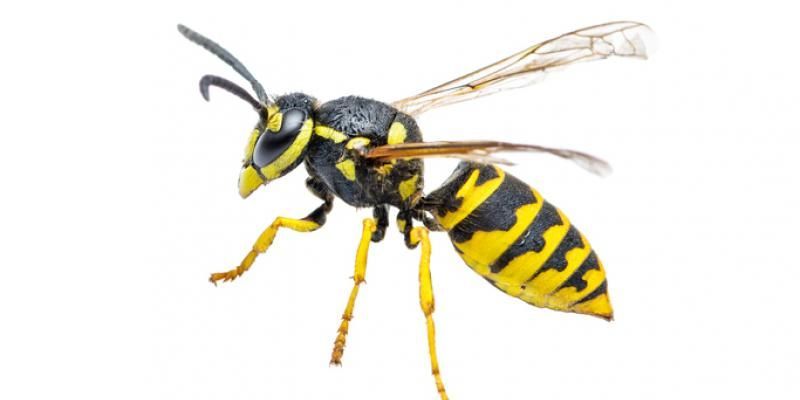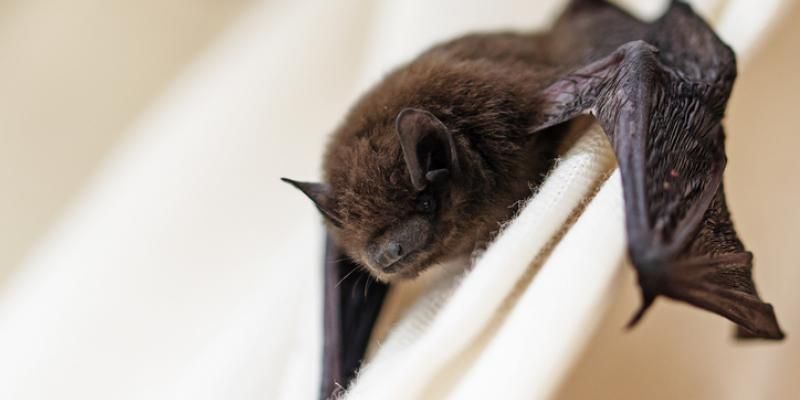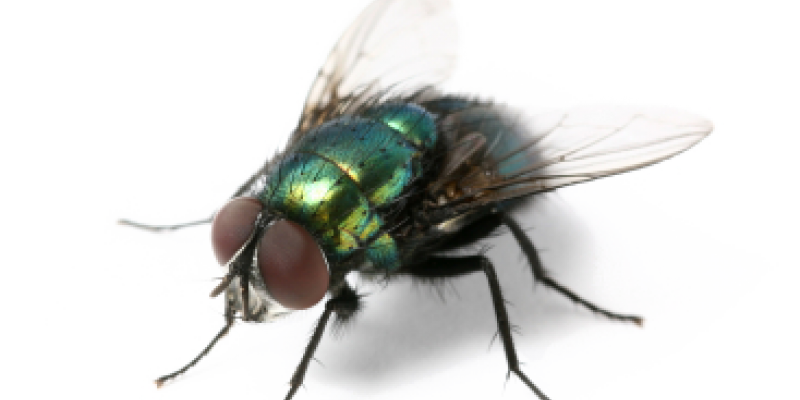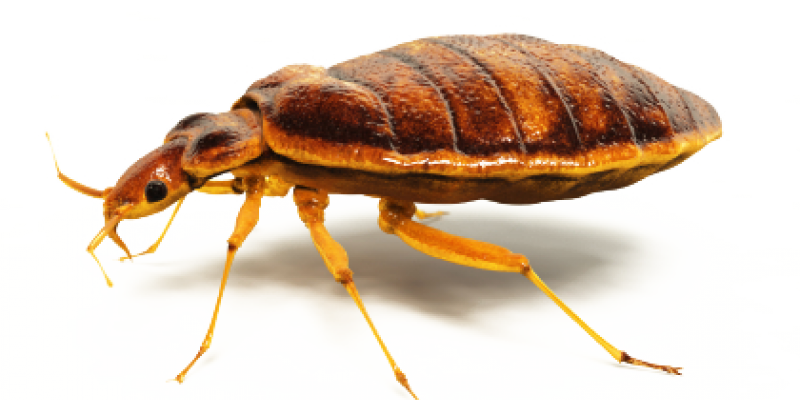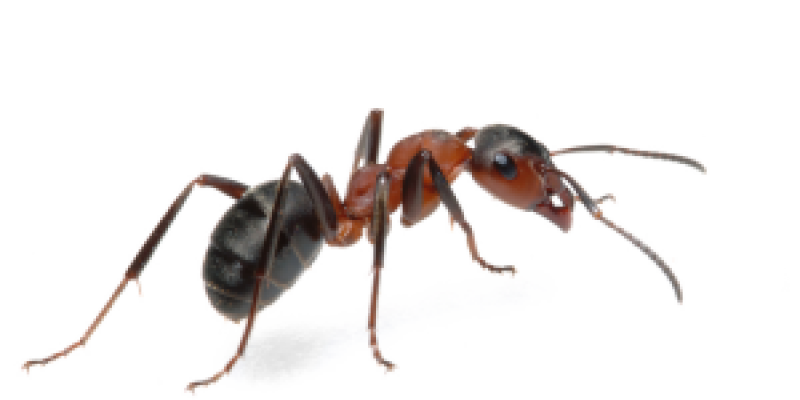Can Ticks Survive in Water?
Ticks can be a problematic insect that transmits the disease to both animals and humans. They are also resourceful, adaptable insects that can withstand temperature fluctuations and other environmental changes that would kill many other insects. But are ticks super insects? Are they capable of surviving the most extreme conditions, like being submerged in water for an extended period of time?
Its true ticks are amazing creatures who can survive being submerged in water for up to two or three days. But fortunately, they are not superbugs, even a tick will eventually drown.
So how can a tick, which is usually less than a 1/8 inch in size, survive underwater for what amounts to a weekend? There is a lot more to this tiny, almost unnoticed creature than meets the eye. We have compiled some interesting facts to help you better understand how this adaptable insect survives such extreme conditions.
One reason ticks can survive underwater for up to 72 hours is their plastron, an alternate respiratory system that allows them to breathe through air trapped on hairs on their body. As we just summarized, the main reason a tick can survive underwater for long periods is its ability to “breath the water.” Ticks have hydrophobic hairs on their body; this means that the little hairs don’t absorb water. Instead, the hairs carry a thin layer of oxygen from the water, which the tick “breathes” to stay alive while fully submerged.
Even a pool or an ocean won’t be enough to quickly drown a tick, as the concentrations of chlorine in pools and salt in oceans aren’t high enough to kill ticks. They will still be able to “breathe” in these bodies of water. To learn more, read this study from the Journal of Insect Physiology.
Do Ticks Like Water?
Because ticks can live for so long underwater, you’re probably asking yourself, “Can ticks swim?” Although it would be logical to assume they had figured out how to swim, ticks don’t swim. Their tiny legs and cumbersome bodies don’t allow for it. However, they do like being near water. This means if there’s standing water or your yard is saturated you might be harboring an inviting habitat for ticks. If you have some areas like this in your yard that you want to address, contact a local landscaping professional for advice.
The Trick to Drowning a Tick Quickly?
You’re probably wondering if anything can drown a tick quickly. The answer is yes. For example, after removing the tick from you or a pet you can drown it quickly by submerging it in rubbing alcohol. The problem with this method is that it requires the tick to be removed first. So, what if the tick is on your dog and you’re having a hard time catching your pet? Can you drown ticks on a dog? Unfortunately, you’ll need to remove the tick before killing it. You can use a tick removal tool, which can be purchased at most pet supply stores, or tweezers to remove the tick.
By now you’ve probably come to the conclusion: ticks are resilient. As true as that statement is, ticks aren’t invincible, and there are a few non-chemical ways to kill them. Although ticks can survive in hot water, to an extent, once the water gets above 130°F, the tick’s chance of survival drops close to zero. If you suspect there’s a tick on your clothes, you could put them in a hot cycle in the washing machine (which might kill the tick), followed by a hot drying cycle (which should finish the job).
What About Ice and Snow?
As mentioned earlier, ticks are adaptable creatures capable of surviving extreme conditions. If a tick is adequately protected under a layer of leaf litter, it can survive icy precipitation and chilling temperatures for months at a time. And when things really get cold, they handle the harsh winter conditions by entering a hibernation-like state called diapause . Similar to animals and other insects this state of hibernation slows down all non-essential functions in order to conserve energy and maintain only the functions needed for survival.
Ticks are true survivors, adaptable, and able to withstand extreme conditions, including being fully submerged in water for days. One of the best ways to deal with this resilient insect is to avoid areas where they thrive (high grassy and lightly traveled wooded areas). To minimize the risk of contact in and around your yard and property, call your local pest control pros from 247 Local Pest Control. Our barrier spray helps keep ticks and mosquitoes at bay for up to 21 days. We also offer natural pest control solutions and can even install a high-quality misting system that allows you and your family to enjoy your yard fully and freely. To learn more, give us a call at (833) 220-1001, or visit us online today.

